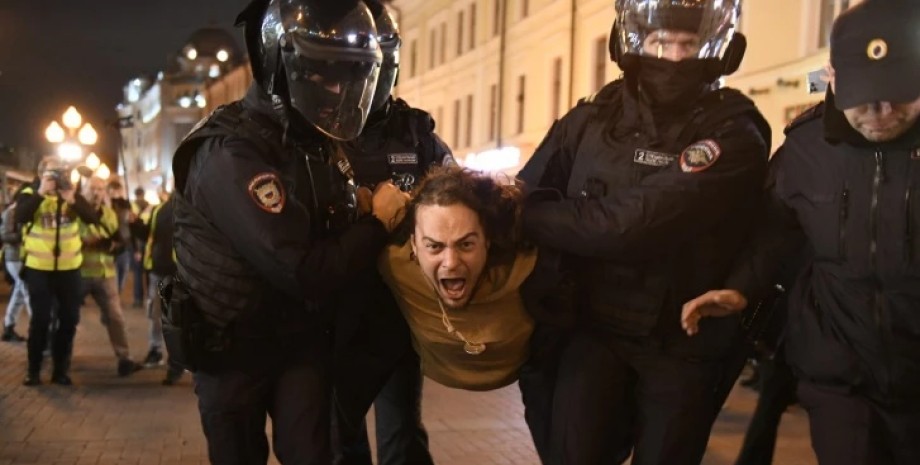
On July 22, the Ministry of Internal Affairs of the Russian Federation released the project of a new anti -terrorist strategy. It establishes definitions of concepts such as Russophobia, xenophobia, radicalism and counteraction to extremism. "These recently modified legal definitions greatly extend the Kremlin's possibilities to prosecute anyone who opposes the Kremlin, classifying internal opposition by a number of foggy and broad definitions," analytics said.
According to innovations, Russophobia is "a manifestation of hatred, hostility or hostile" to Russians or their language, culture through "aggressive moods and actions" or discrimination against citizens.
Xenophobia was defined as "a manifestation of hatred, hostility or intolerance to certain social groups", and radicalism - as "a commitment to the ideology of violence, characterized by the desire for a decisive and radical change in the foundations of the constitutional order of the Russian Federation and violation of unity and territorial integrity.
" "These definitions, in particular the provisions that define amendments to the Constitution of Russia as" radicalism "are intended to linked and even identify the opposition to the current actions and structure of the Russian government as ethnic intolerance of the Russians," the ISW explained. Russia is also expected to use persecution in order to earn the commitment of ultrading.
According to analysts, a new enemy strategy should convince the Russians that the Kremlin's opposition is in fact opposition to them, to the people and their ideals. "The Kremlin is likely to be inclined to narratives and ideologies that contribute to domestic nationalism to create information conditions for their long hostilities in Ukraine and its future hostility to other states, which the Kremlin considers hostile to" Russophobic "and other extremist labels," added in the report.










All rights reserved IN-Ukraine.info - 2022